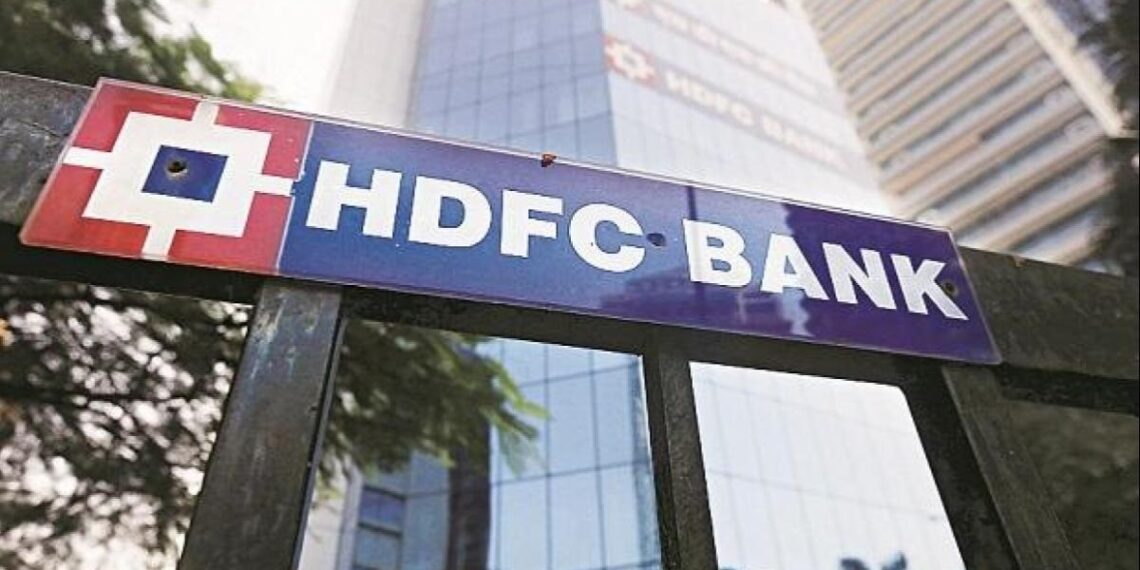GUWAHATI: In a bid to bolster digital banking awareness and combat cyber fraud, HDFC Bank recently concluded a series of secure banking workshops across India.
These workshops, totalling over 16,600 sessions, successfully educated more than 2,00,224 citizens on safe digital banking practices.
Targeting a diverse audience including school and college students, law enforcement agencies, senior citizens, self-help groups, customers, and employees, the workshops aimed to equip participants with essential knowledge to thwart cyber threats effectively.
The interactive sessions, featuring real-life examples, stories, and videos, provided invaluable insights into various modus operandi employed by fraudsters, empowering attendees to safeguard themselves against cyber frauds.
Manish Agrawal, Executive Vice President of Credit Intelligence and Control at HDFC Bank, highlighted the importance of raising awareness about cybercrime.
“Lack of awareness causes people to fall for cyber frauds. Our objective is to educate participants on various fraudster tactics and secure banking practices to prevent them from becoming victims,” he said.
The workshops hosted a diverse array of discussions, all aimed at unravelling the complexities of digital security.
One such topic explored was the International Fraud Awareness Week (IFAW), where participants gained valuable insights into the mission and significance of IFAW in championing digital awareness.
Another crucial area covered was Cyber Fraud Awareness, where in-depth conversations dissected common cyber threats like vishing, phishing, smishing, remote device access, SIM swap, and UPI frauds.
Lastly, the workshops stressed on the preventive measures, urging attendees to exercise caution and refrain from divulging sensitive information such as OTPs, CVVs, Debit/Credit card credentials, and UPI PINs.
By arming participants with these preventive strategies, the workshops aimed to empower individuals to navigate the digital landscape with confidence and security.
In the event of falling prey to online fraud, customers are advised to report unauthorised transactions immediately, block the payment mode, and file a complaint through the helpline number 1930 or the National Cybercrime Reporting Portal.















